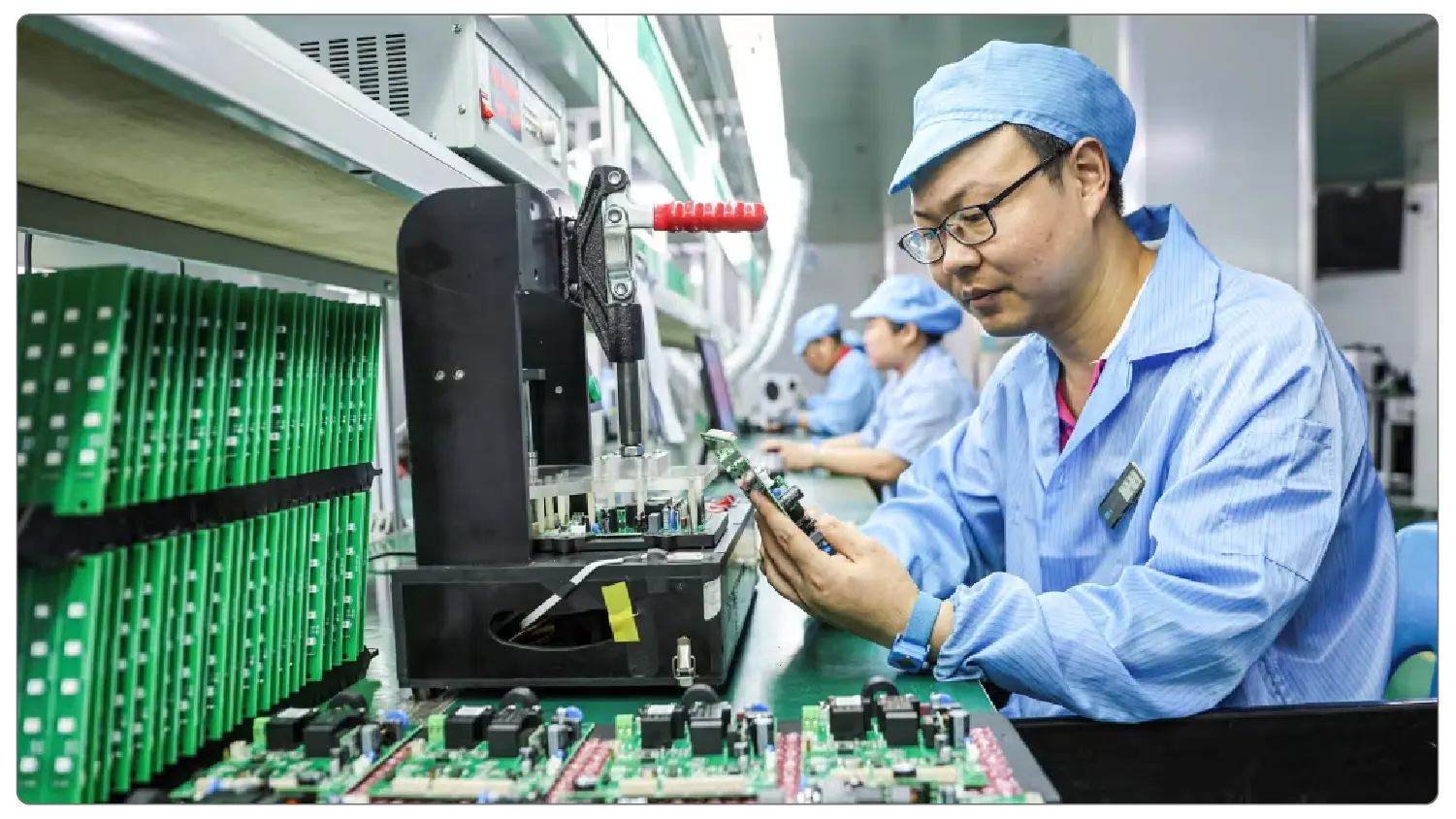“Chain’s EV Battery Clampdown: New Export Controls Target Key Minerals”
In a move that’s sending ripples across global EV and battery markets, China has introduced stringent export controls on key minerals used in electric vehicle (EV) batteries. The new rules, effective August 1, will require Chinese exporters to obtain licenses before shipping graphite products are rare materials crucial to battery manufacturing.

Why is there a sudden clampdown? The action is intended to protect domestic supply chains and national security, Chinese officials say. Analysts contend, however, that this is Beijing's most recent strategic move in the ongoing trade and technology war with the West, particularly as tensions escalate with the U.S. and Europe.
Graphite, a mineral essential for EV battery anodes, is one of the major targets. More than 60% of the world's natural and synthetic graphite is produced in China, which controls the global graphite supply chain. The new rule requires exporters to disclose information about foreign buyers and the materials' intended to end use.
EV makers around the world, particularly in the U.S., South Korea, and Europe, are bracing for impact. A potential shortage of battery materials could lead to production schedule delays and cost increases as global demand for electric vehicles increases. It has been reported that several multinational automakers are seeking alternative supply chains, such as utilizing resources in Australia and Africa.
Industry insiders view this as part of China’s broader effort to assert dominance in the green technology sector. Similar limitations on gallium and germanium, two metals essential to semiconductors, were imposed by the Chinese government only months prior in reaction to Western export prohibition on expensive chip equipment to China.
Experts warn that such tit for tat tactics could lead to long-term fragmentation of global supply networks. “This could be a wake-up call for countries relying heavily on China for critical raw materials,” said an analyst at Wood Mackenzie. “We’re likely to see an accelerated push toward localizing battery production and diversifying critical mineral sources.”
Meanwhile, Beijing maintains that the controls are not aimed at any specific country but are a normal adjustment to ensure sustainable development. Yet, the message from Beijing is unambiguous: control over green tech supply chains is a strategic lever and China intends to pull it.
The global EV race just got more complicated.